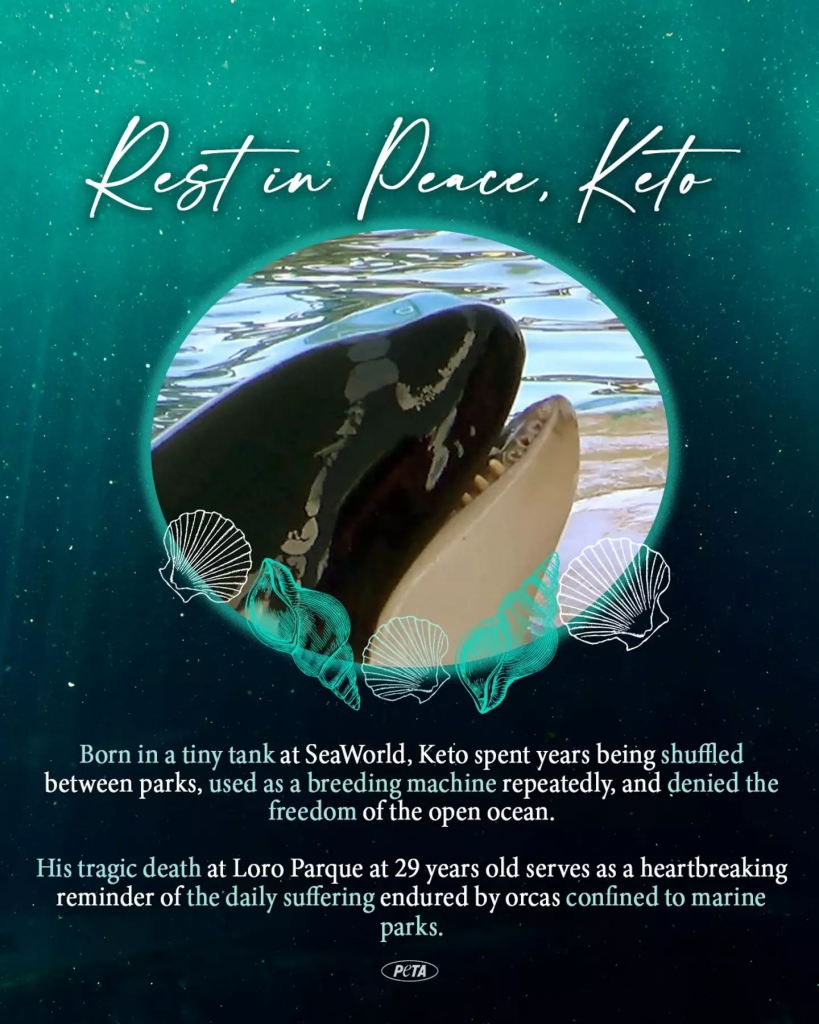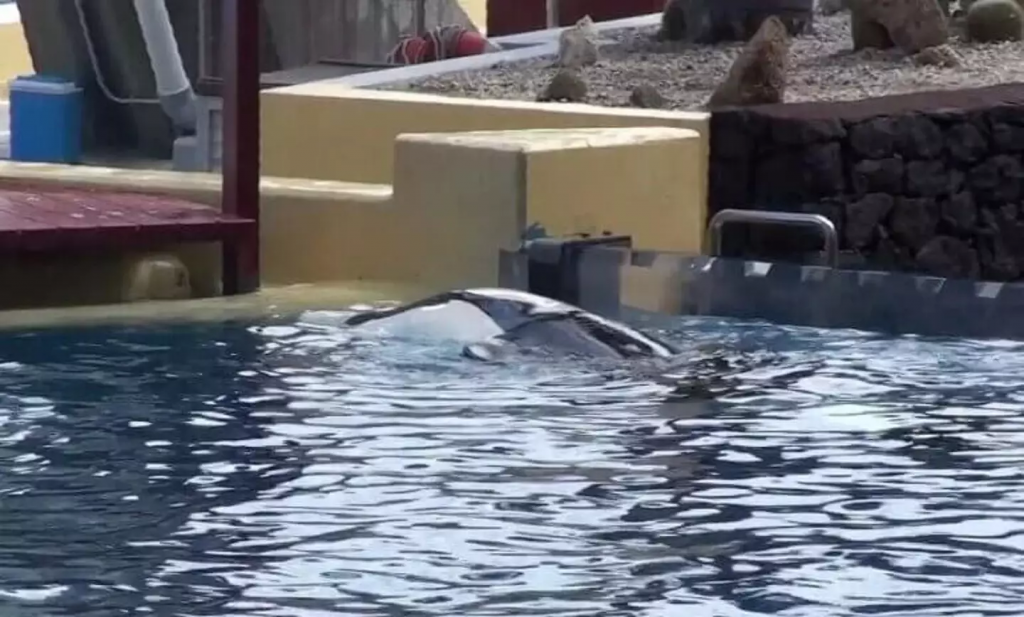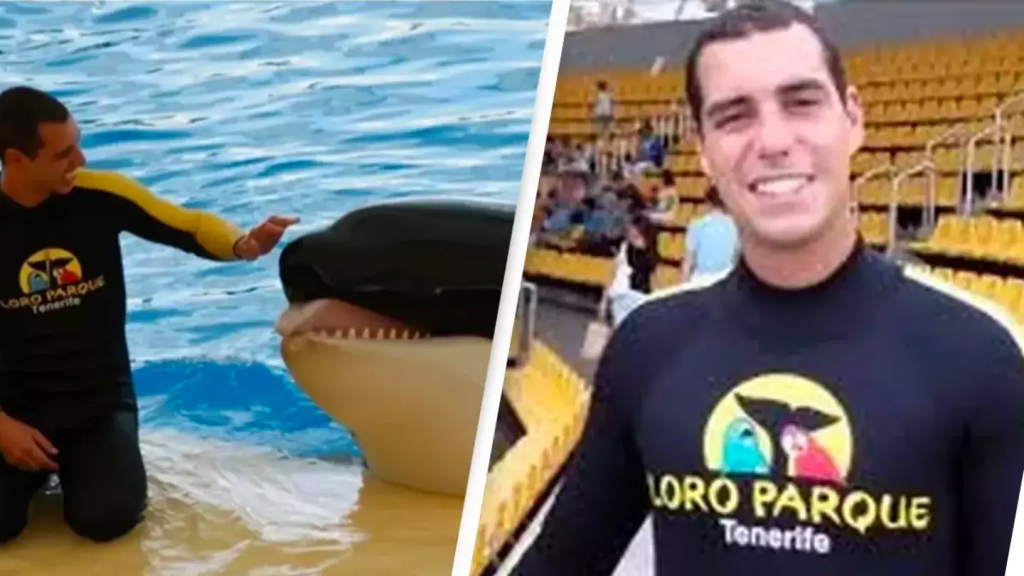Keto, an orca who spent his entire life in captivity, has died at the age of 29. The tragic news has reignited debates surrounding the ethics of keeping marine animals in captivity.
Keto was born at SeaWorld Orlando in 1995 and spent his life moving between various parks. By the time he was just five years old, Keto had performed in all of SeaWorld’s orca stadiums. In 2006, he was transferred to Loro Parque in Tenerife, Spain, where he remained until his death.
A Life Marred by Controversy
Keto’s time in captivity was marked by tragedy. On Christmas Eve 2009, during a training session at Loro Parque, he attacked trainer Alexis Martínez. The fatal incident occurred as Martínez was preparing for a series of holiday shows with Keto.
A subsequent investigation revealed the devastating extent of Martínez’s injuries, including multiple fractures, organ damage, and bite marks inflicted by the orca. The report concluded that Martínez’s death was caused by “grave injuries sustained by an orca attack.”
Despite this tragic event, Keto continued to live at Loro Parque, where he was described as a significant attraction and “ambassador” for his species.

Loro Parque Announces Keto’s Passing
On November 22, 2023, Loro Parque announced Keto’s death in a heartfelt statement on Facebook. “Loro Parque is heartbroken by the loss of Keto,” the statement read. The park described Keto as “an extraordinary ambassador for his species” and praised his “majestic presence and unique personality.”
The statement continued, “To those who cared for him and shared each day by his side, Keto was far more than an orca—he was family. His memory will live on forever in the hearts of those who had the privilege to know him and learn from him.”
Animal Rights Groups Respond
Animal rights organizations, including PETA and the Dolphin Project, have spoken out following Keto’s death, criticizing his lifelong captivity. PETA took to Twitter, stating: “A life stolen. Keto should have known the open sea, his family’s love, & freedom. We can honor his memory by standing against animals used in entertainment & never visiting parks that exploit orcas like him. #RIPKeto.”
PETA alleges that Keto’s behavior, including the 2009 incident, was the result of psychological distress caused by years of confinement. The organization called for an end to the use of marine animals in entertainment and demanded better protections for orcas and dolphins still held in captivity.
The Dolphin Project echoed similar sentiments, emphasizing the inherent cruelty of keeping such intelligent creatures in artificial environments. “Keto spent his entire life behind bars,” the organization stated, adding, “There is something inherently wrong in a society where an orca’s only way out of these dreary concrete stadiums is death.”

Public Outcry and Continuing Debate
Keto’s death has sparked renewed public anger over the treatment of captive marine animals. One social media user commented, “Justice for Keto,” while another added, “F**k animal exploitation and cruelty.” Criticism has been directed not only at SeaWorld but also at Loro Parque, which continues to operate an orca breeding program despite widespread condemnation.
However, Loro Parque has defended its practices. A spokesperson refuted the criticism, stating, “There is no truth to any of these absurd claims. Loro Parque has the highest standards of care in the world for all our animals. We are in mourning over the sad passing of Keto, who lived for almost 30 years.”
The spokesperson also dismissed PETA’s allegations, describing the organization as “an extremist protest group that has no scientific credibility.”

A Polarizing Legacy
Keto’s life and death serve as a stark reminder of the complexities and ethical dilemmas surrounding marine animal captivity. While some argue that facilities like Loro Parque offer opportunities for education and conservation, critics maintain that no level of care can justify confining such magnificent creatures for human entertainment.
